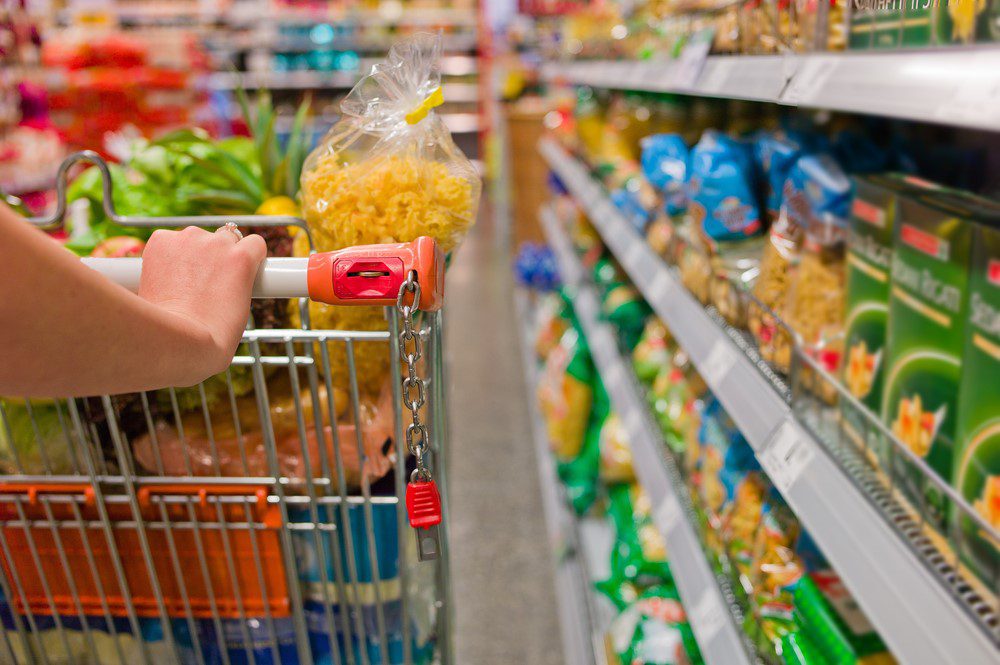Although inflation has “picked up substantially” in recent months, food prices have been “relatively stable”, the Economic and Social Research Institute (ESRI) told an Oireachtas committee this week.
This was the area where concern was “most focused” regarding the impact of Brexit, given the large share of grocery imports from the UK and, according to the ESRI, “suggest that supply chain adjustments by firms have mitigated much of the potential risk in this particular area”.
Speaking at a meeting of the Seanad committee on Brexit, Professors Alan Barrett and Martina Lawless discussed the impact that Brexit and the trade and cooperation agreement between the EU and UK are having on the Irish economy.
For overall trade between the UK and EU, the direct impact of Brexit has led to a 36% decline in aggregate EU imports from the UK and a fall in exports to the UK of 24%.
“The time path of the Brexit impact shows that the reductions in both directions of trade were particularly sharp in January and February followed by some recovery in March,” the professors’ opening statement said.
“The subsequent effects, from April to July, have been relatively stable. This direct impact of Brexit, estimated by our statistical model, accounts for about two-thirds of the observed year-on-year change in trade, with the remainder due to other factors such as Covid-19 disruptions to trade.”
Brexit impact on Ireland
The ESRI estimates that for Ireland, the direct impact of Brexit “has been to reduce imports coming from the UK to Ireland by 45%”.
“For exports from Ireland to the UK, in contrast, we estimate that very little of the reduction observed over the past year can be attributed solely to Brexit.
“However, although the impact of Brexit on total exports has so far been limited, some individual sectors have faced substantial reductions in their exports to Great Britain.
“In particular, the food and beverages sectors have experienced very large falls in their exports to Great Britain that can be linked directly to a Brexit impact – reductions of around 25% for food exports and over 40% reduction in beverages exports in the first half of 2021.
“The effects of Brexit in the first half of 2021 have therefore been quite asymmetric, with a much larger change in imports than in exports.
“The share of Ireland’s imports coming from the UK was 33% in 2015 before the Brexit referendum and is now just 12%. The share of the UK in Irish exports has fallen from 14 to 8% in the same period.
“The uneven impact on imports rather than exports can be explained by the immediate introduction of customs requirements from the EU side but a more gradual phased-in approach on the UK side.
“This means that the risks posed by Brexit in terms of increased costs to Irish exporters have not fully materialised with further changes to customs requirements scheduled to be introduced by the UK in January and July 2022.”
The professors noted that while the increase in Irish imports from Northern Ireland is “significant, it does not offset the decline in trade with Great Britain”.
They added that a “number of potential long-run impacts of Brexit are still unknown, particularly in regard to regulatory divergence which may increase trade costs further between the UK and the EU”.
